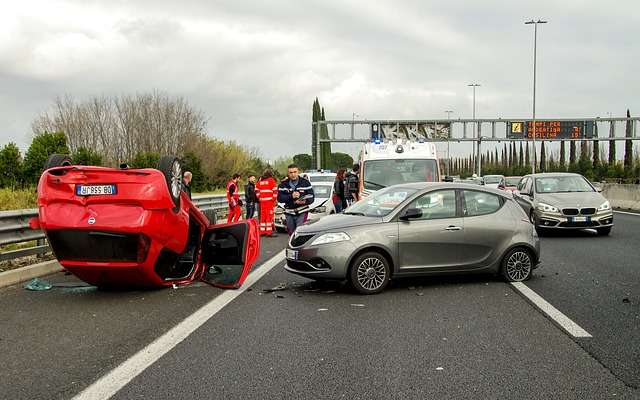Over the years, vehicle manufacturing has come across a major transition due to the adoption of innovative technologies. Manufacturers are looking to bring improvements in performance, mileage and safety of vehicles. The advent of autonomous vehicles has ushered a new beginning for the automotive segment. Although the prime purpose of self-driving cars is improving road safety by eliminating human errors, the technology is still far from perfect.
Accidents do happen for these vehicles despite the innovation they bring, which is the reason why it becomes important to understand the risks and liabilities. After all, someone has to compensate a person injured in the mishap, even if it happens with a driverless vehicle. Legal experts predict that the shift to automation will result in car accident faults transitioning to product liability. Let us explain the concept of driverless car crashes in detail.
Risks associated with self-driving cars
According to statistics, a majority of severe car crashes occur because of human error or negligence. Autonomous cars have the potential to eliminate the risk but these claims are yet to be verified. No one can predict how safe these cars will be unless these are adopted as mainstream. Meanwhile, there is a lot of work to be done in terms of testing these vehicles to ensure that they are safe enough to take to the roads. Moreover, there have been mishaps that highlight the risk factors associated with autonomous technologies. The crashes involving brands such as Tesla and Uber come ahead as red flags that define the risks. Considering that accidents can happen even with these smart cars, it makes sense for drivers and pedestrians to understand the treatment of liability for such mishaps.
Liability for self-driving car mishaps
While the current auto liability laws aim to compensate victims who suffer because of a driver’s negligence, they were not written with autonomous cars in mind. So there can be much confusion about the liability for car crashes where there isn’t a driver behind the wheel. Still, victims can collaborate with car accident lawyers offering quality legal representation to get them the compensation they deserve, even if they get injured due to a vehicle’s “misjudgement” rather than the negligence of a driver. It is obvious that the liability in such cases cannot fall on the driver if the car is self-driven. But the lawyer can hold some other parties responsible for the accident. These include:
- The automobile company
- The engineers who designed the operating system
- The marketing agency for the automotive company
- The “pilot” of the self-driving car
- Another driver on the road
- A motorcycle rider
- A negligent pedestrian
- The city or municipal government
Product liability and car automation
It is quite evident that self-driving car accidents are mainly based on defects in the vehicle or technology rather than driver negligence, unless they happen due to an operator’s mistake. So these cases are more likely to come under the coverage of product liability rather than personal injury. Simply speaking, the car will be regarded as a defective product and the responsible party, mostly the manufacturer or software provider, will have to compensate the victim for their injuries and damages. These will include medical expenses, cost of pain and suffering, lost wages and other costs, just as with any other product liability claim. So it makes sense to understand the reason that led to the accident and fix the liability accordingly so that you can claim compensation from the right party.
Involvement of multiple companies
The key challenge when it comes to determining liability in such crashes relates to the complexity of technology. Also, there is a peculiar factor related to the involvement of multiple companies in the production of the vehicle. The hardware and software comes from different companies, which makes it difficult to identify the liability for the mishap. It is not as simple as just holding the manufacturer responsible for a defect in the product, as it would have been with a regular vehicle. So these cases become more complex as compared to the regular car accident claims and product liability cases. Moreover, there isn’t much to reference when it comes to self-driving accident claims because most of them have been settled out of the court.
Considering the complex nature of car accident claims involving driverless vehicles, you need to make sure that you have an expert representing your case. If you are able to prove liability, chances are that you can secure a hefty sum because a big automotive brand will be involved.

